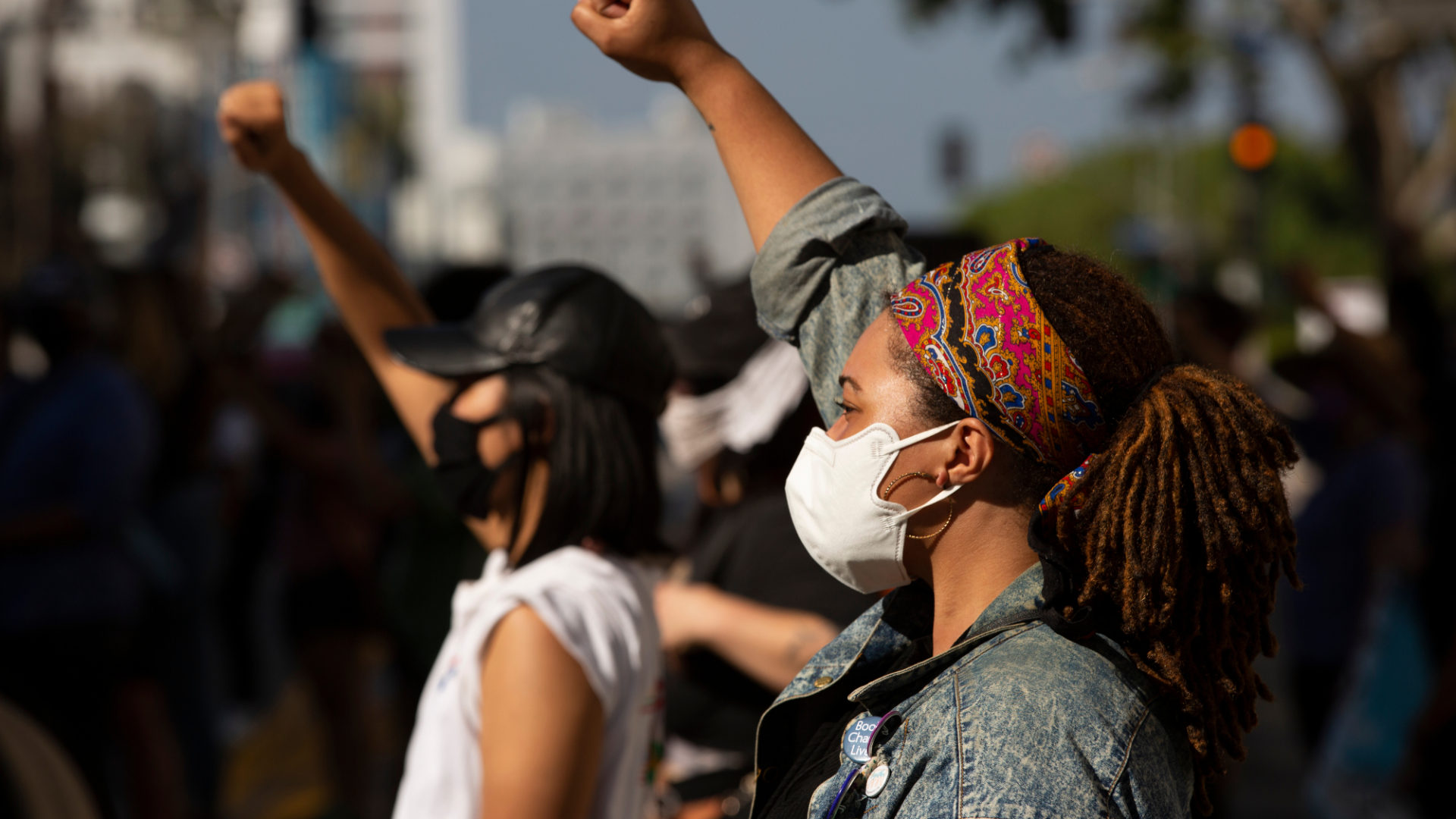Roar Magazine, May 30, 2020
Riots are communities defining what counts as police brutality and to set the limits of authority. It is here, not in the courts, that our rights are established.
We’ve been here before.
In the first hours of 2009, police boarded a Bay Area Rapid Transit train, responding to a call about a fight. They detained several young men, most of them Black, among them one named Oscar Grant. As Grant was lying facedown on the platform being handcuffed, one officer, Johannes Mehserle, drew his gun, shot him in the back, and killed him.
The entire incident was recorded on video from multiple angles. Several witnesses were filming with their cell phone cameras when Grant was shot; afterward, they hid the cameras from police, and then posted the footage on the internet. Within days, demonstrations were organized in Oakland, and quickly escalated into riots — beginning with an attack on a police car parked in front of the BART headquarters. More than 300 businesses and hundreds of cars were damaged in the unrest. Police responded with tear gas, rubber bullets, an armored personnel carrier and more than a hundred arrests, but demonstrations continued for weeks. A year later, Mehserle was tried and convicted, but of manslaughter rather than murder. Rioting resumed. Damages were estimated at $750,000.
While clearly a limited victory, the Mehserle verdict remains remarkable. Looking back over the fifteen previous years, the San Francisco Chronicle could find only six cases in which police were charged for on-duty shootings, and none of the thirteen officers involved were convicted. “If there’s one lesson to take from this,” a participant in the unrest was later to conclude, “it’s that the only reason Mehserle was arrested is because people tore up the city. It was the riot — and the threat of future riots.”


